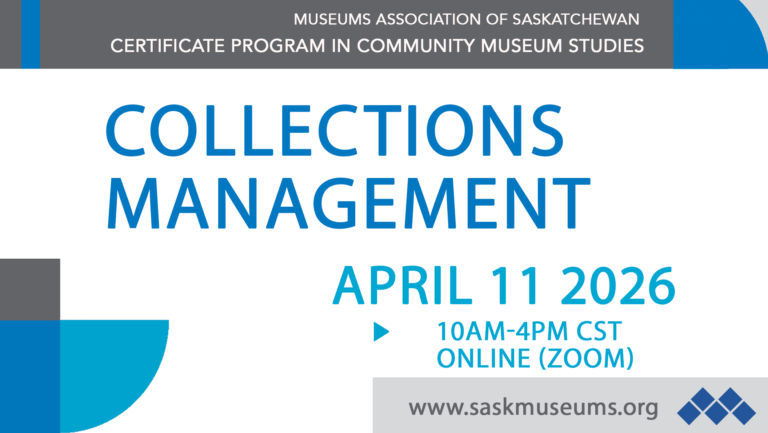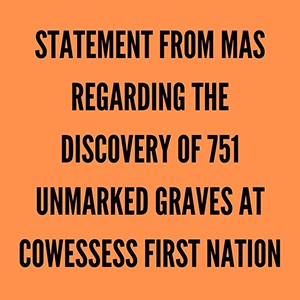
MAS Course Open for Registration! Collections Management: Saturday, April 11 2026
Collections Management (1 Day) Saturday, April 11 202610:00am – 4:00pmOnline (Zoom) Instructor: Julie Jackson In this course, you will learn what collections management is, and what activities are involved in

